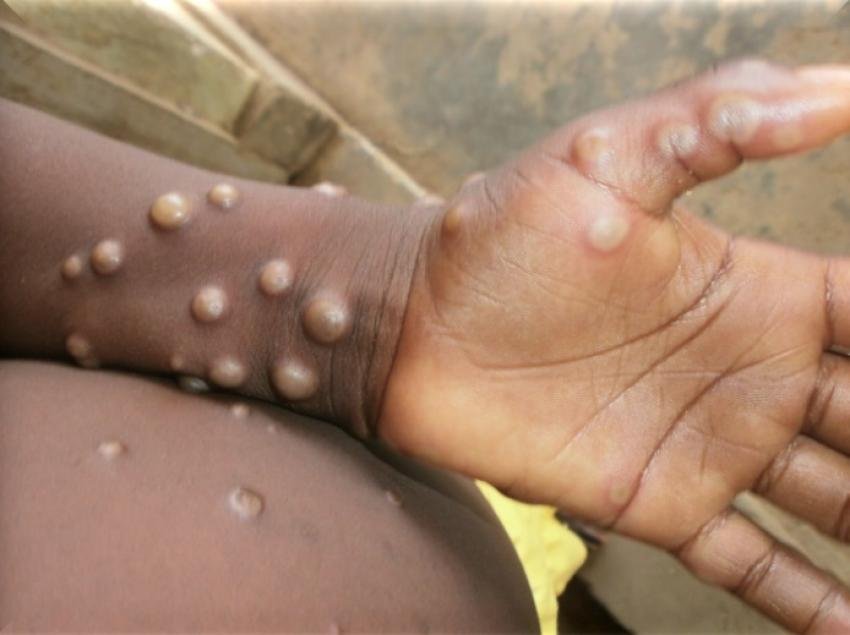With nearly 4,000 cases reported in a week, “we can see the increase (…) compared to last week (…) and this shows us that the outbreak is still progressing,” said Jean Cassia, director general of the Africa CDC. The Africa CDC, in an online press conference, reiterated the call for long-awaited vaccines.
According to the latest data from the African Union Agency, which highlights the difficulty of reporting cases in these countries, 22,863 cases have been documented to date (3,641 confirmed and 19,222 test results pending) in Burundi, Cameroon, Central African Republic (CAR), Congo-Popular Republic, Côte d’Ivoire, Democratic Republic of the Congo, Gabon, Liberia, Kenya, Nigeria, Rwanda, South Africa and Uganda.
“Surveillance in Africa is still weak. We know that in many areas we have under-reporting of cases,” Kassia warned, adding that the institution would send 72 epidemiologists to affected areas to improve case recording.
Regarding the arrival of vaccines to the continent, the director of the Africa Centers for Disease Control said that he expects the first doses to arrive in early September in the Democratic Republic of the Congo, the country bordering Angola and with the largest number of cases.
Cassia noted that the European Union will donate to the continent more than 215,000 doses of the vaccine made by Danish pharmaceutical company Bavarian Nordic, which is the only vaccine approved against smallpox by the European Medicines Agency (EMA) and its counterpart in Europe, the United States.
“What we are doing is trying to bring together the efforts of all African countries,” said the director-general of the health agency, who plans to convene a meeting of heads of state in the region in September to approve a continental response plan.
The government of the Democratic Republic of the Congo has asked Japan to donate two million doses of the vaccine produced by Japanese company KM Biologics, and negotiations have made good progress, epidemiologist Negachi Njonjo, head of the Africa CDC’s executive office, told a news conference.
The Africa CDC declared smallpox a “continental public health security emergency” on August 13.
A day later, the World Health Organization (WHO) declared an international health alert for smallpox, an infectious disease that can cause swollen glands and a painful or itchy skin rash, including blisters or pustules.
The WHO health alert is linked to the rapid spread and high mortality rate of the new variant (Cluster 1B) on the African continent and to the first case in Sweden of a traveller who had been to an area of Africa where the virus is spreading intensively.
This variant is different from type 2, which caused a violent outbreak in Africa in 2022 and hundreds of cases in Europe, North America and countries in other regions, and which has already led to the declaration of an international health emergency in 2022 and 2023.

“Writer. Analyst. Avid travel maven. Devoted twitter guru. Unapologetic pop culture expert. General zombie enthusiast.”

